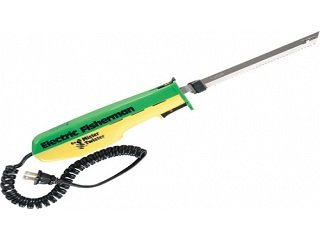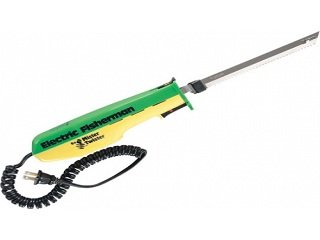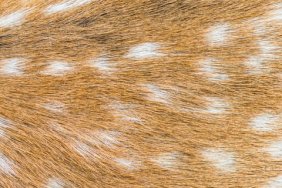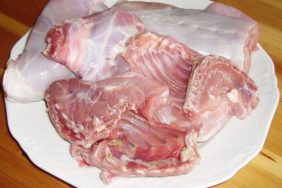 One of the best parts of fishing for many anglers is getting to eat the catch of the day after hours on the water. Catfish, bluegill, walleye—it’s all delicious and really makes the occasional frustration on the water well worth it at the end of the day. However, there’s an important step in between catching the fish and eating the fish that I’d like to touch upon today. Refer to one of my past articles for tips on how to clean a fish, but keep reading for some advice on purchasing a fillet knife if you’re interested in enjoying your haul.
One of the best parts of fishing for many anglers is getting to eat the catch of the day after hours on the water. Catfish, bluegill, walleye—it’s all delicious and really makes the occasional frustration on the water well worth it at the end of the day. However, there’s an important step in between catching the fish and eating the fish that I’d like to touch upon today. Refer to one of my past articles for tips on how to clean a fish, but keep reading for some advice on purchasing a fillet knife if you’re interested in enjoying your haul.
While it may appear that buying a fillet knife is as simple as going to a store and grabbing the first one you see, there are actually quite a few things to consider. The length of which knife you use is important, as this will dictate the size of fish you can use it on. Knives usually fall within 4 and 9 inches, and the length you opt for will depend on what species you predominantly catch. Anglers who strictly plan to use the knife for bluegill will probably want something smaller, so they can easily maneuver the small fish without the encumbrance of a large blade. Fishermen looking to clean a limit of redfish, however, will want something a little longer.
You’ll also want to make sure you grab a knife with a stainless steel blade that resists corrosion and rust. The last thing you want is leftover fish pieces, blood, or rust in your new fillets. Also, be sure to check the flexibility of the blade itself, as this will be an integral part in conforming to the bend in a filet and working around bones and organs. I would also suggest picking a knife with a rubber handle, as the improved grip will prevent slipping and possibly injuring yourself, even when wet.
If you plan to clean a lot of fish, often, then I would lean towards picking up an electric fillet knife. The Rapala line of electric knives, as well as Mister Twister’s model, are very popular and make cleaning a large amount of fish quick and easy.
Don’t forget to pick up a few accessories for your knife, as well. Sharpeners are vital in maintaining a sharp edge and ensuring a clean and easy cut each time you use it. Dull knives can be dangerous to work with and the last thing you want is to cut yourself. After all, going to the hospital to clean a deep cut would interfere with enjoying those delicious fillets, wouldn’t it?








